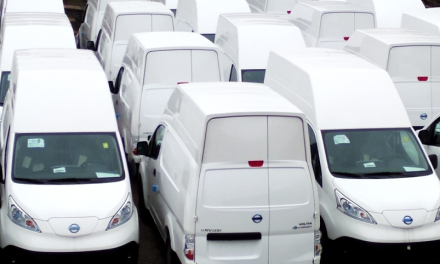
Nissan welcomes proposed UK legislation on self-driving vehicles
Nissan has welcomed the proposed new legislation on autonomous (self-driving) cars that was announced in the Queen’s Speech at the state opening of the UK Parliament yesterday (18 May).
The company said that the proposals for insuring autonomous cars will have “a significant role in the adoption and integration of the breakthrough technology that can help reduce traffic congestion and vehicle incidents on UK roads, as well as creating new jobs in the UK’s high-tech economy”.
Nissan has already confirmed that the refreshed Nissan Qashqai will be the first Nissan car in Europe – and the first UK-manufactured car – equipped with autonomous technology in 2017 with ProPilot.
In 2018 ‘multiple-lane control’ in Nissan cars will allow them to autonomously negotiate hazards and change lanes while driving. 2020 will see the launch of ‘intersection autonomy,’ which will allow cars to navigate busy city junctions and heavy urban traffic without driver intervention.
The Renault-Nissan Alliance has already announced it will launch more than 10 vehicles with autonomous drive technology by 2020 in the United States, Europe, Japan and China. The technology will be installed on mainstream, mass-market cars at affordable prices, with a focus on accessibility to all customers.
This week Nissan also marked the opening of a Joint Research Centre for Intelligent Mobility at Tsinghua University (Department of Automotive Engineering) in Beijing, China. The collaboration will work on the research and development of electric vehicle and autonomous drive technologies for the Chinese market.
Paul Willcox, Chairman of Nissan Europe, said: “Any new legislation, such as we’ve seen announced, that supports the adoption and integration of autonomous vehicle technologies, is a positive for the UK.”
“Autonomously-equipped vehicles will improve the safety and well-being of drivers, with fewer collisions and reduced traffic congestion. The UK economy can also benefit, by playing a pivotal role in a global industry estimated to be worth £900billion by 2025.”










